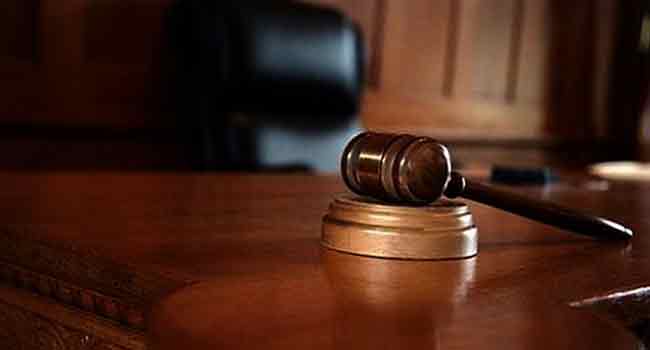Amid the ongoing proceedings at the Presidential Election Petitions Tribunal, a professor of strategic management and human capital development, Okey Ikechukwu, says it is the duty of the judiciary to conduct itself with dignity.
During Channels Television’s special coverage for Democracy Day on Monday, Ikechukwu argued that when one goes into a contest, they accept the rules of the contest.
“So, if you go for an election, the expectation is that you will either win or lose. Now, part of what you find in the toolkit of the democratic enterprise is the judicial process,” he said.
The management expert noted that after elections, if a participant finds the results satisfactory, they move to the next level, the law, which he described as statutory, mandatory, and constitutional.
“You also don’t tell the judiciary to finish it in 30 minutes. You look at the existing law; you have the law you are supposed to go through. It’s at the tribunal for 180 days and you have another 60 days at the Supreme Court, I think,” Ikechukwu said.
“So, you can’t jump forward and say, ‘I’m impatient, stop it.’ There are opinions, there are concerns, there are even hysterical reactions to what is going on in the judiciary regarding the elections. It is the duty of the judiciary to conduct itself with dignity.”
READ ALSO: TAF Africa Says ‘Time To’ Appoint Person With Disability As Minister
According to the professor, the judiciary is a statutory arm of government that has a duty to perform. He argued that aggrieved parties had a right to express opinions about what they expect from the judiciary.
“If the opinion of aggrieved parties outside of the law and judicial system is deemed to be pressure, I don’t understand what kind of pressure that is,” he stated.
“If, for instance, you’re in the hospital for surgery; it’s an appendicectomy that’s about to be carried out and some of your relations are outside and are complaining that ‘this doctor should do this,’ it doesn’t affect the diagnosis.”




